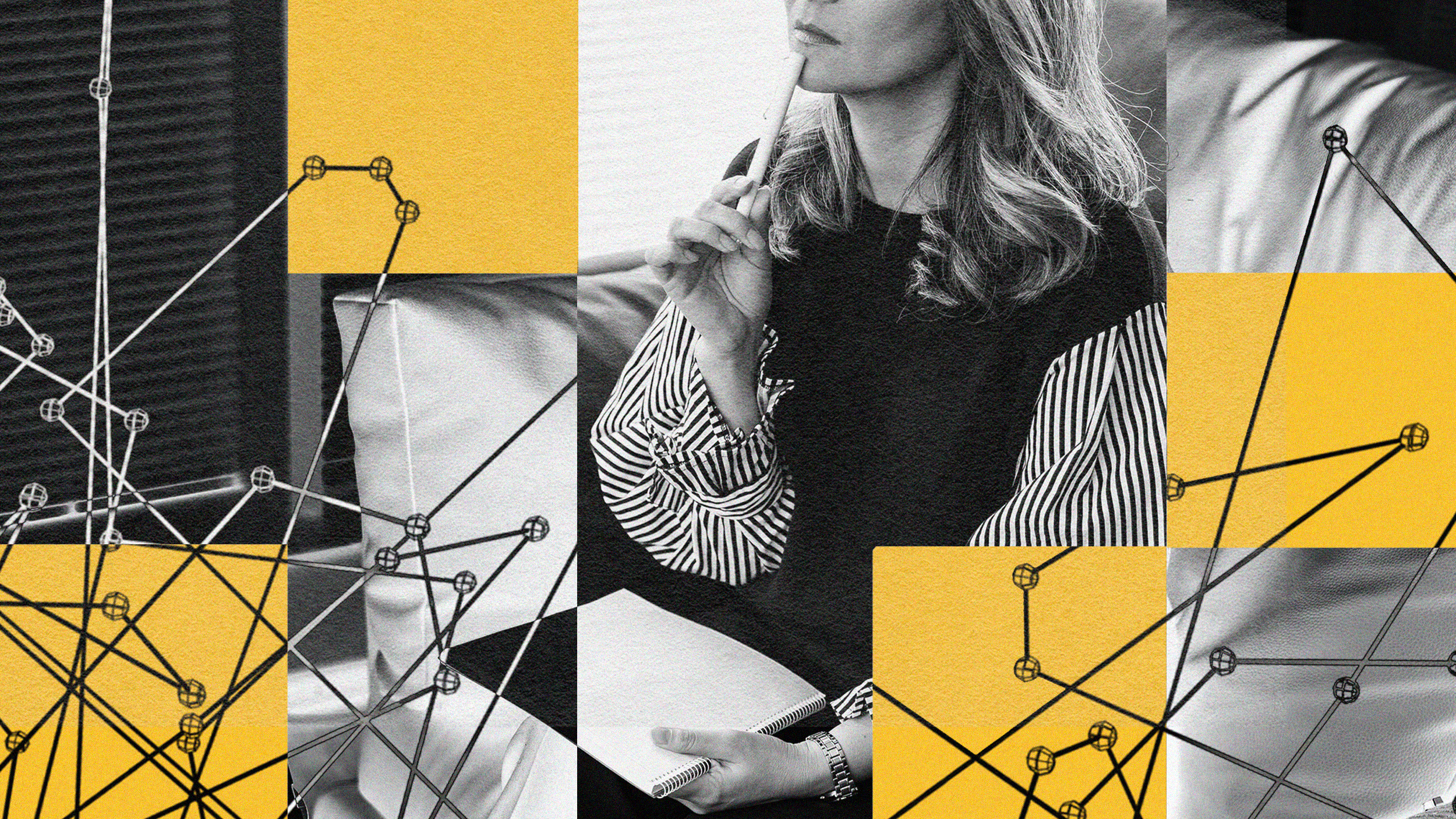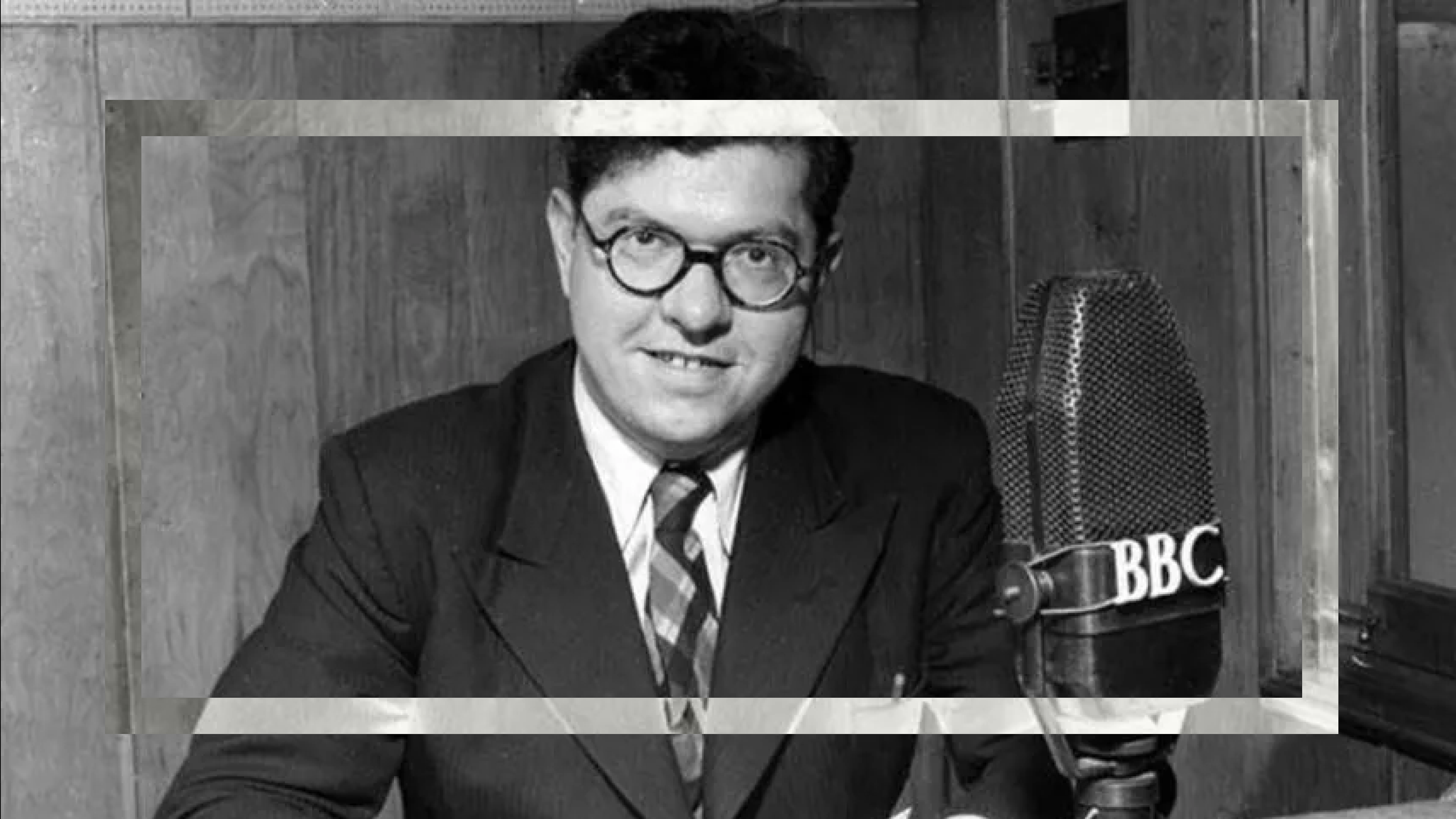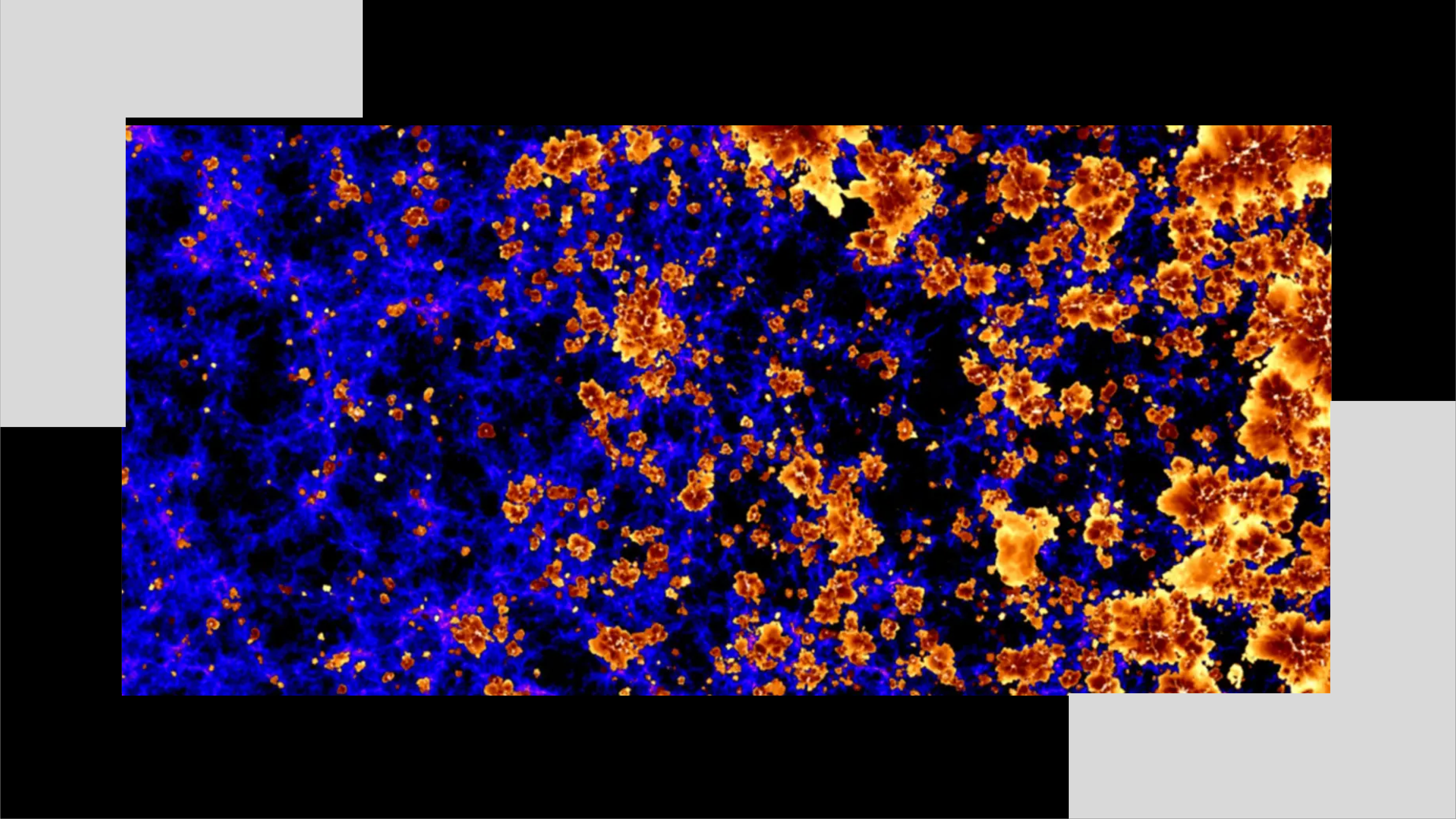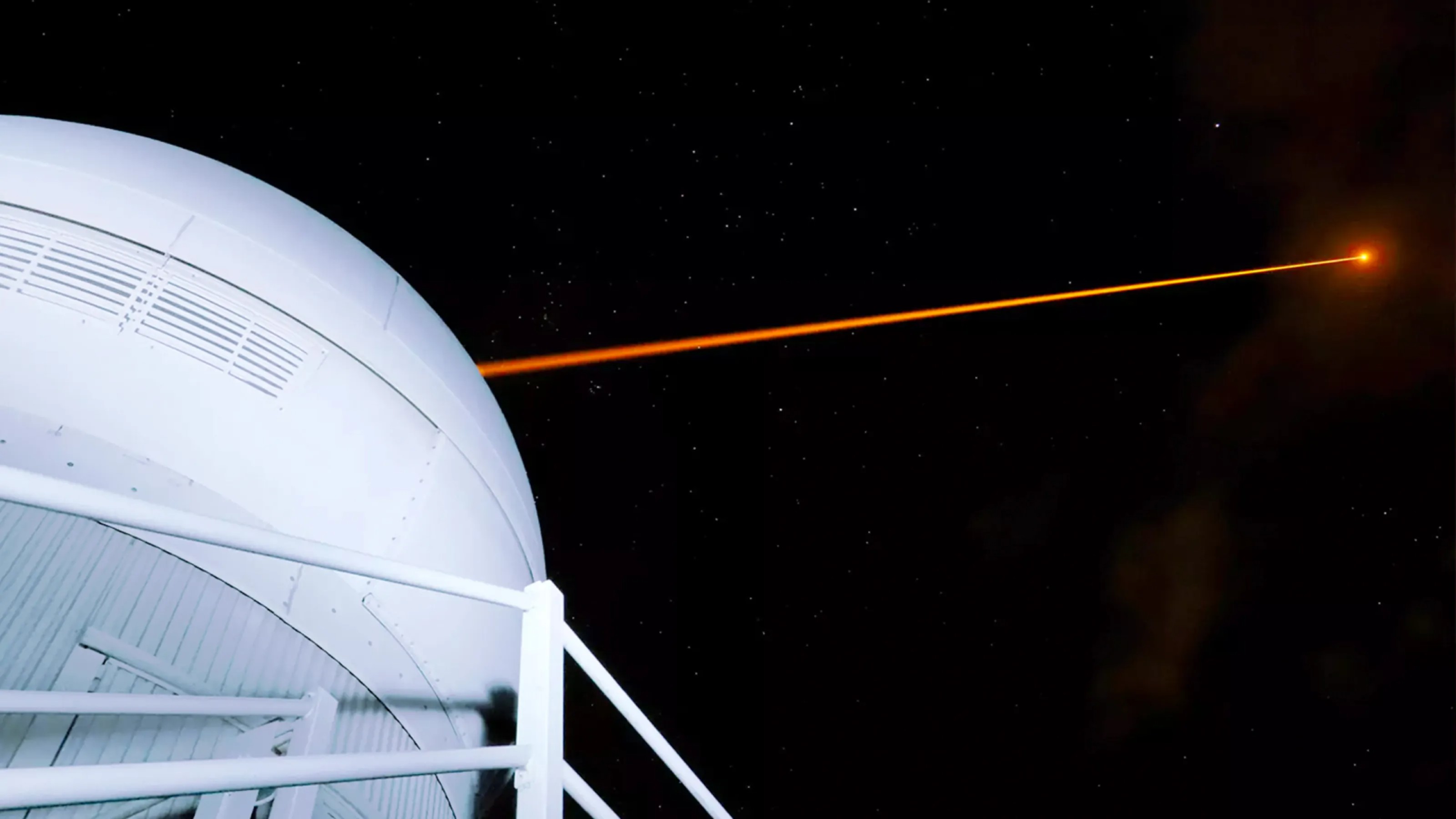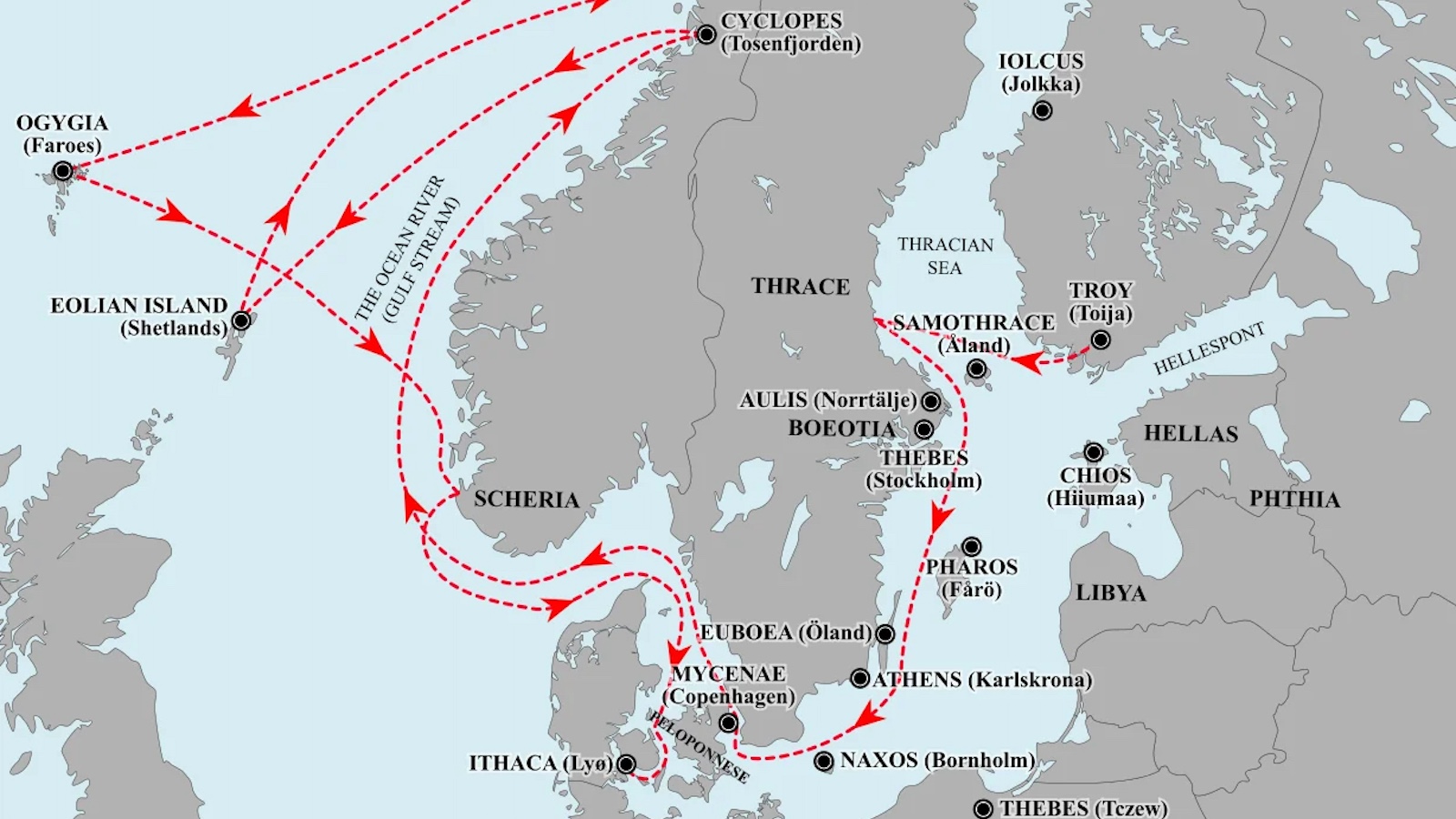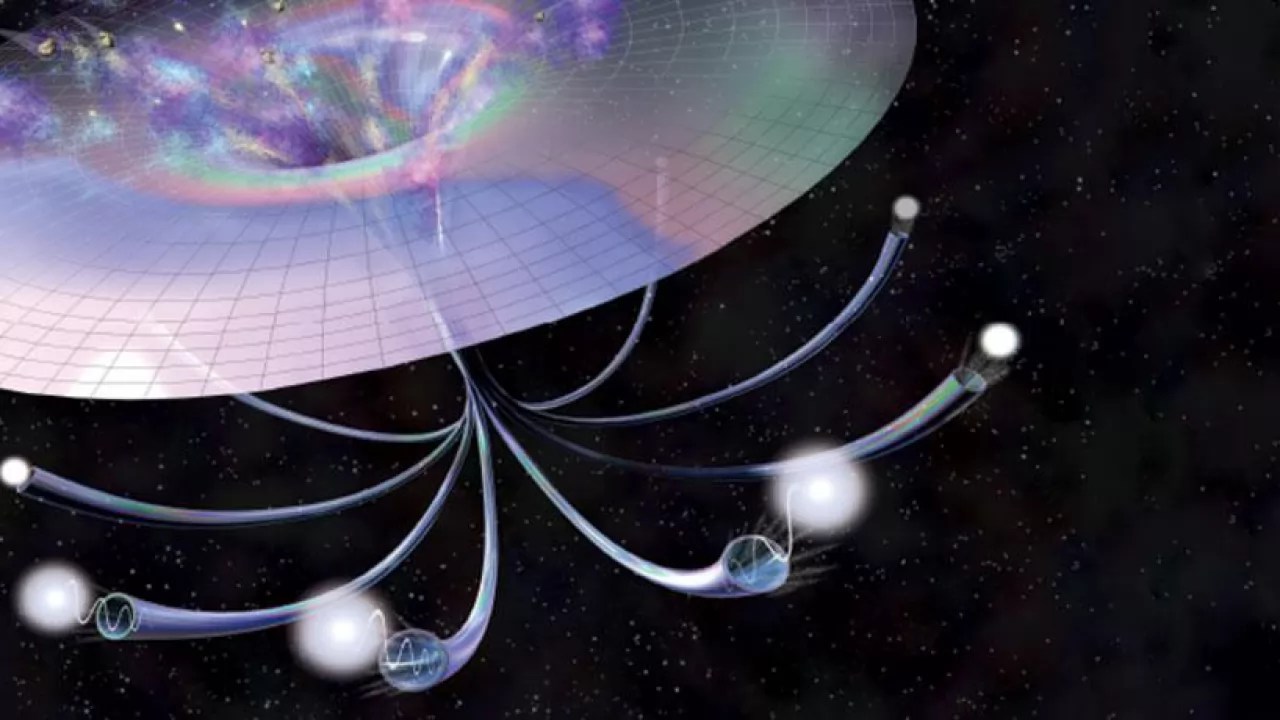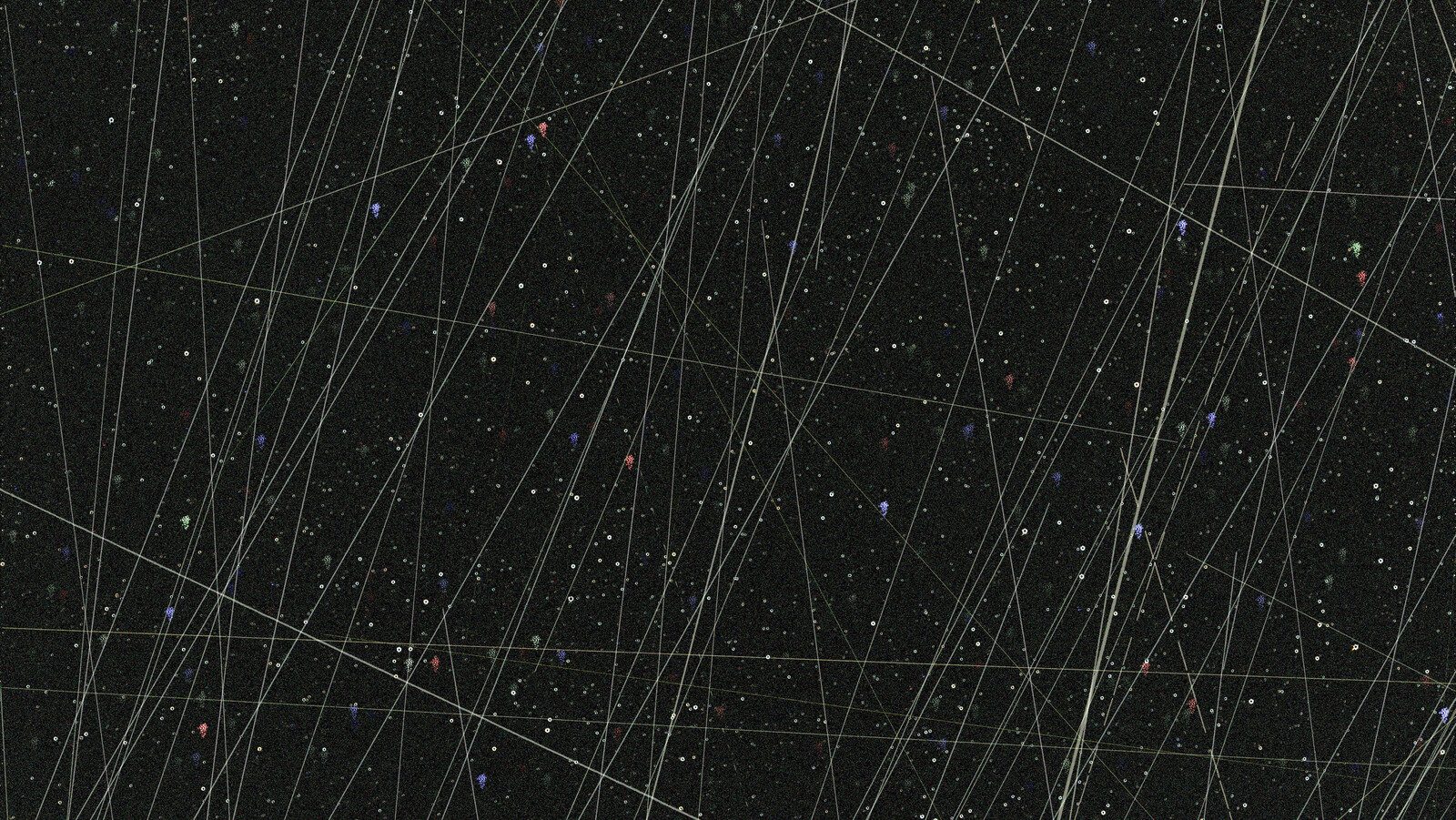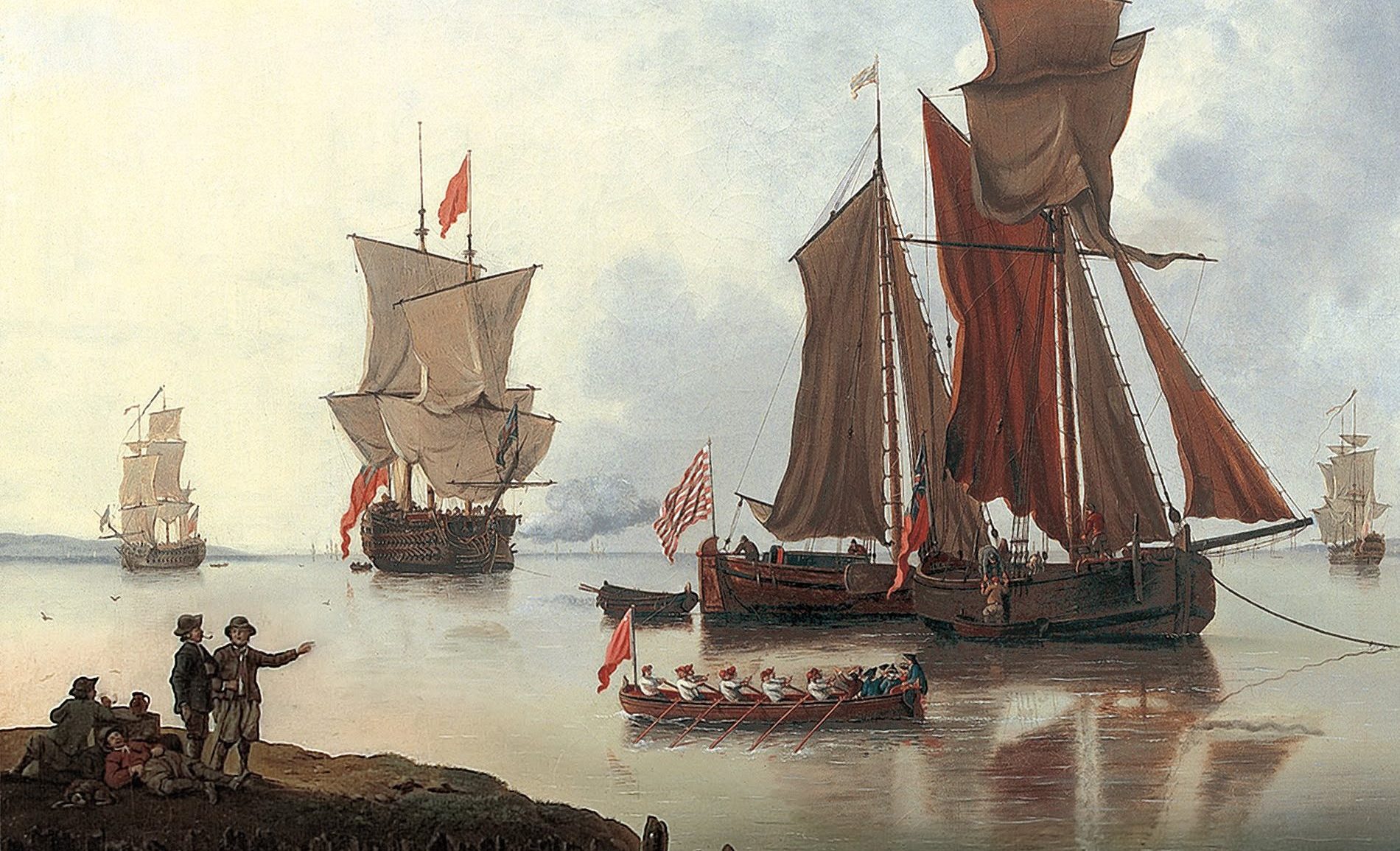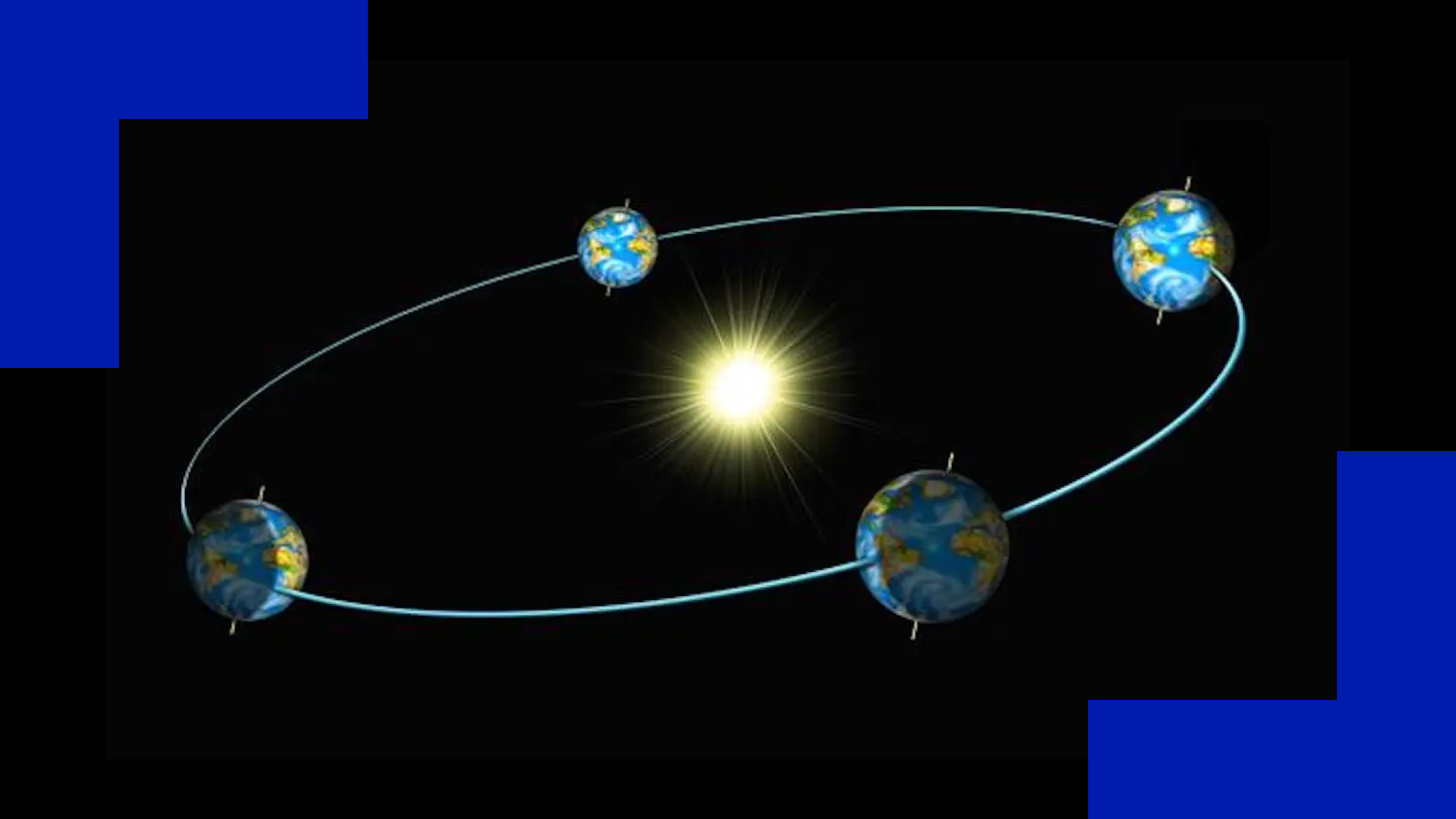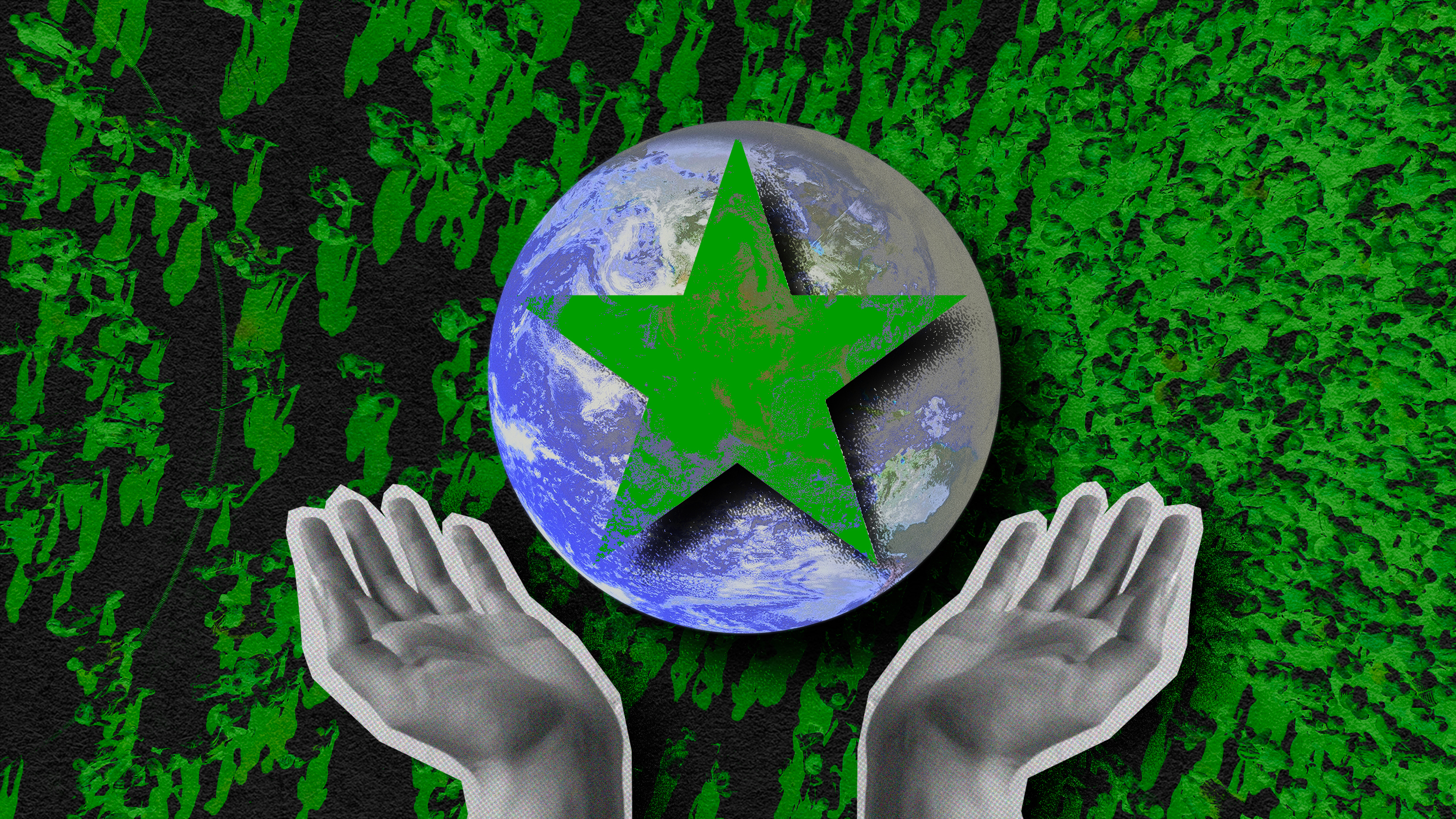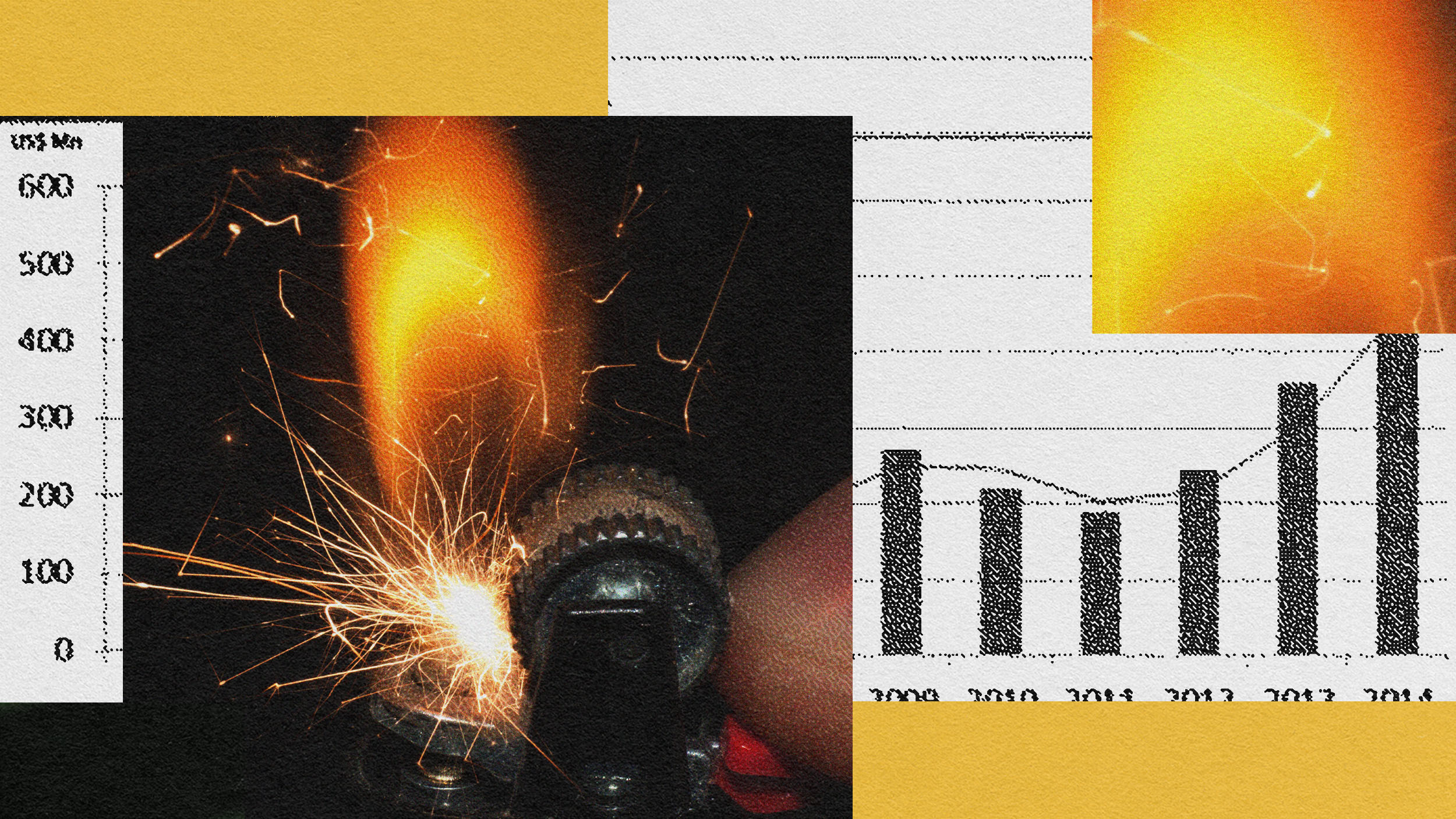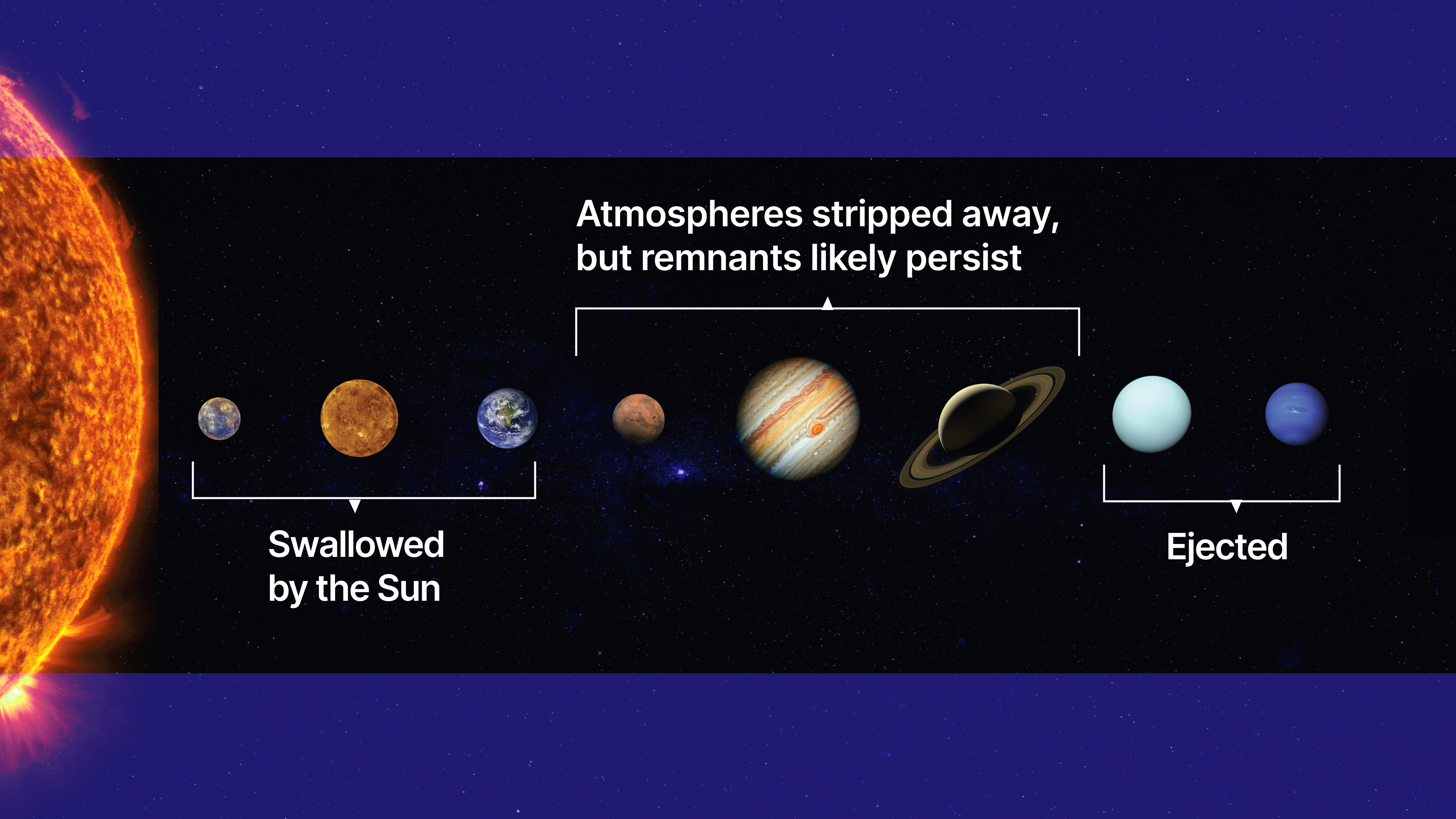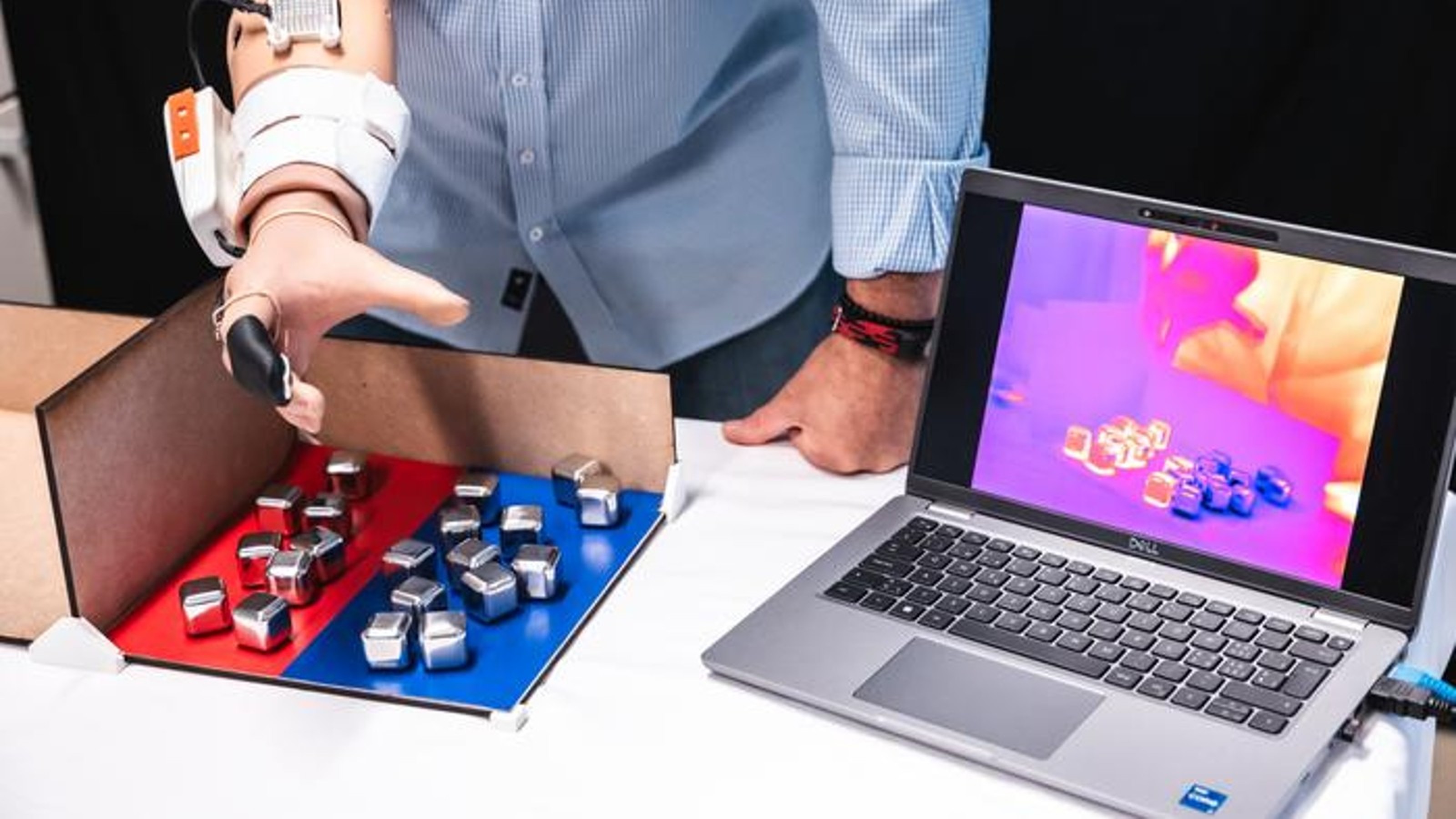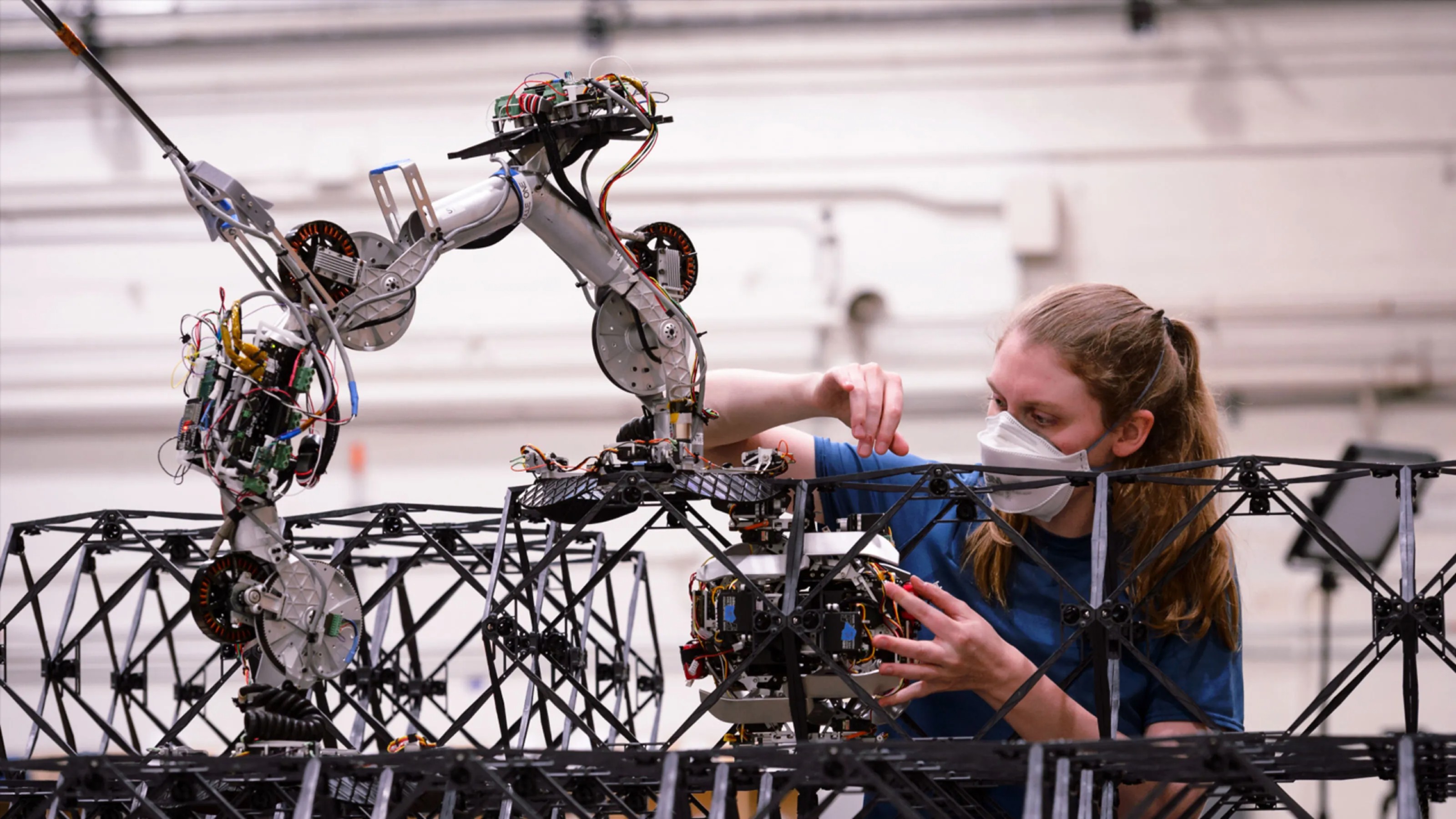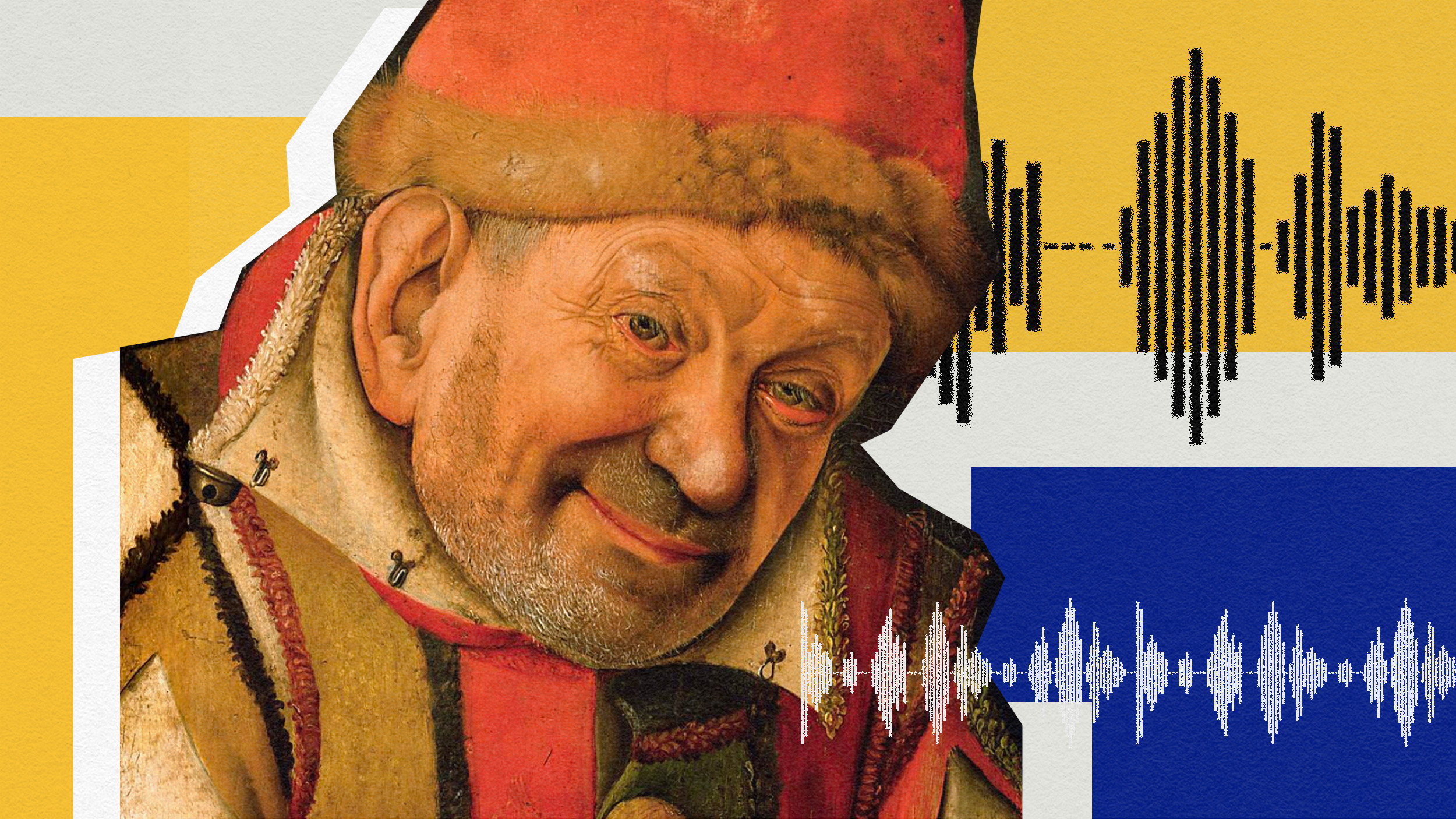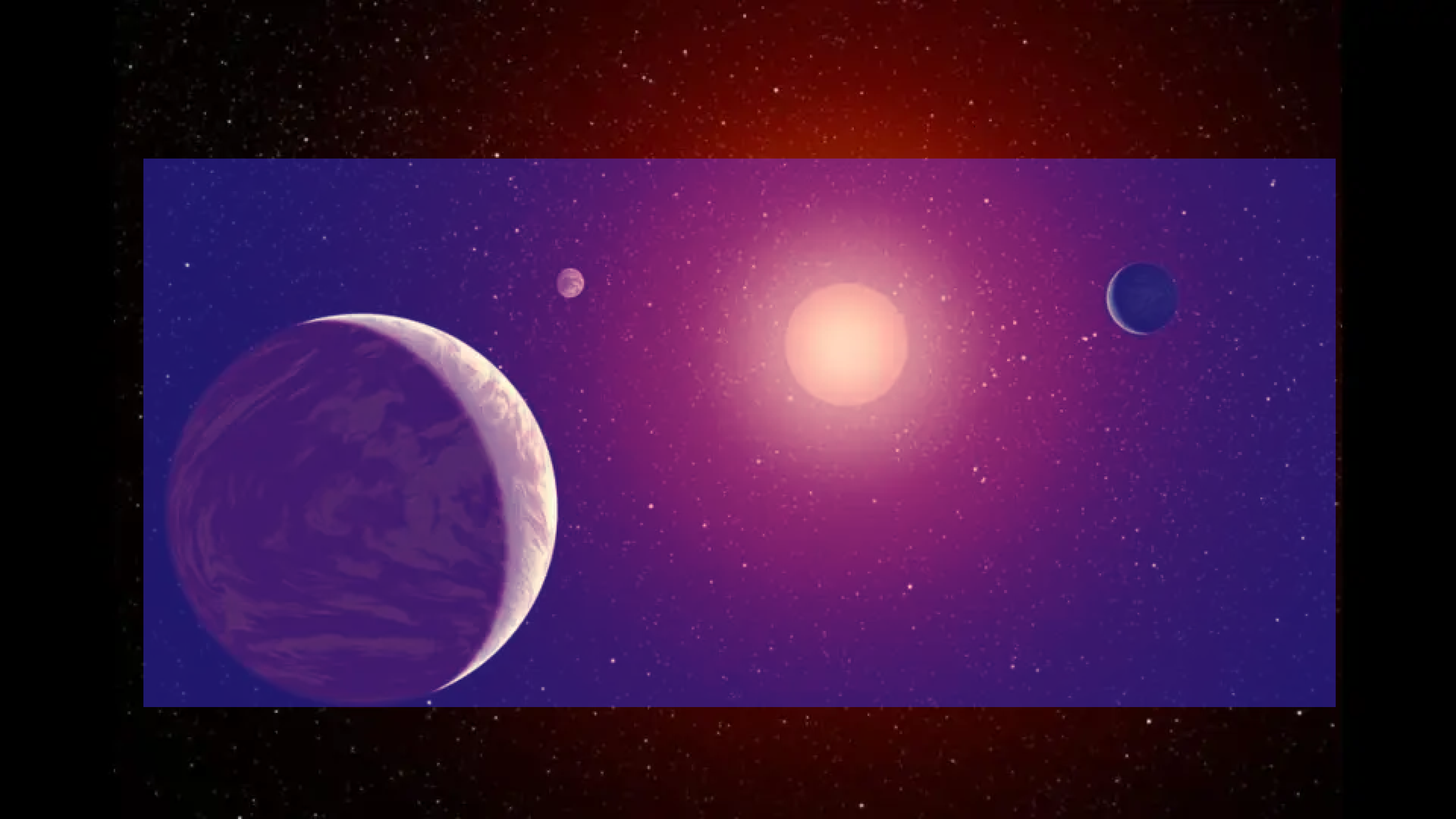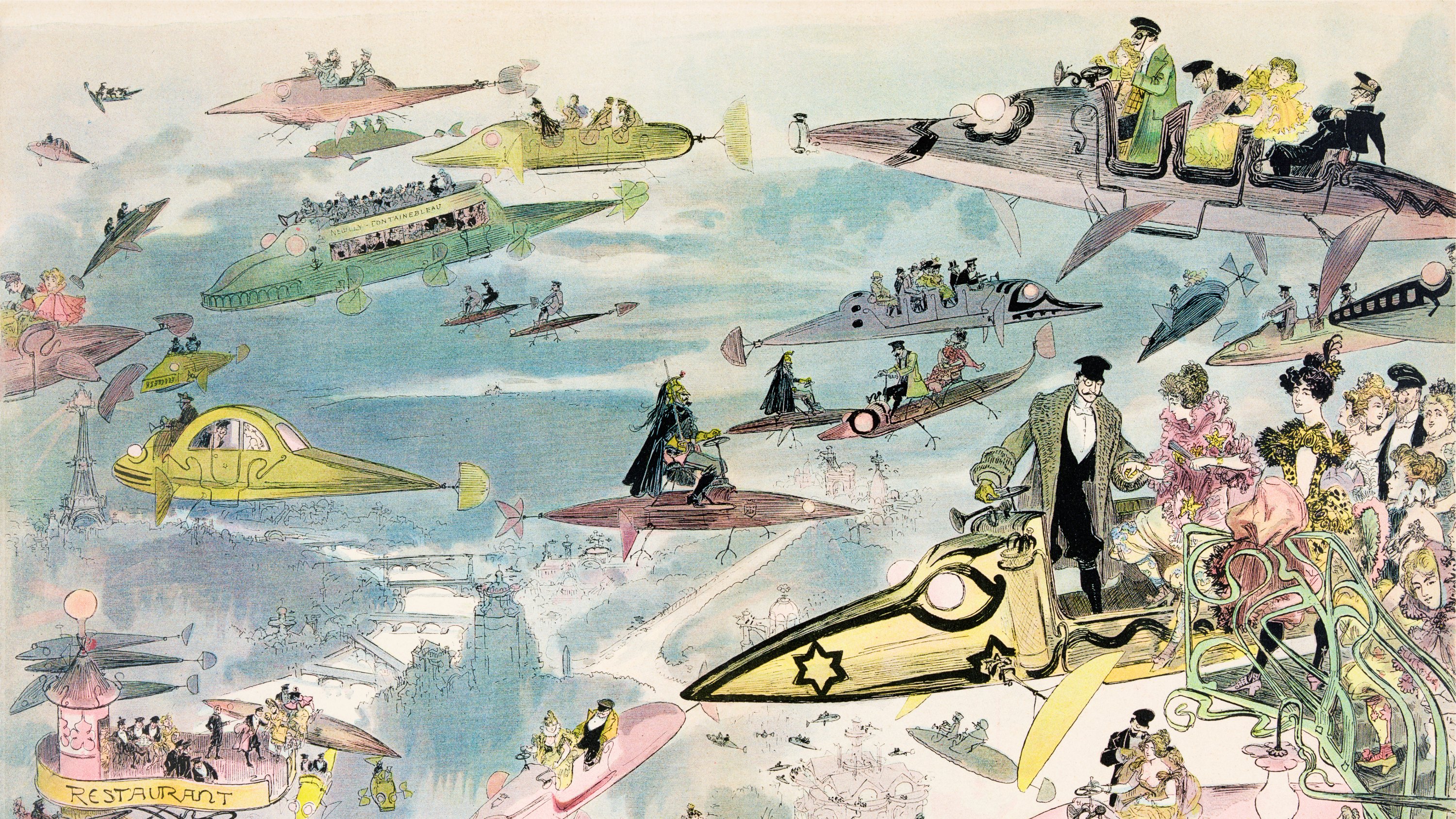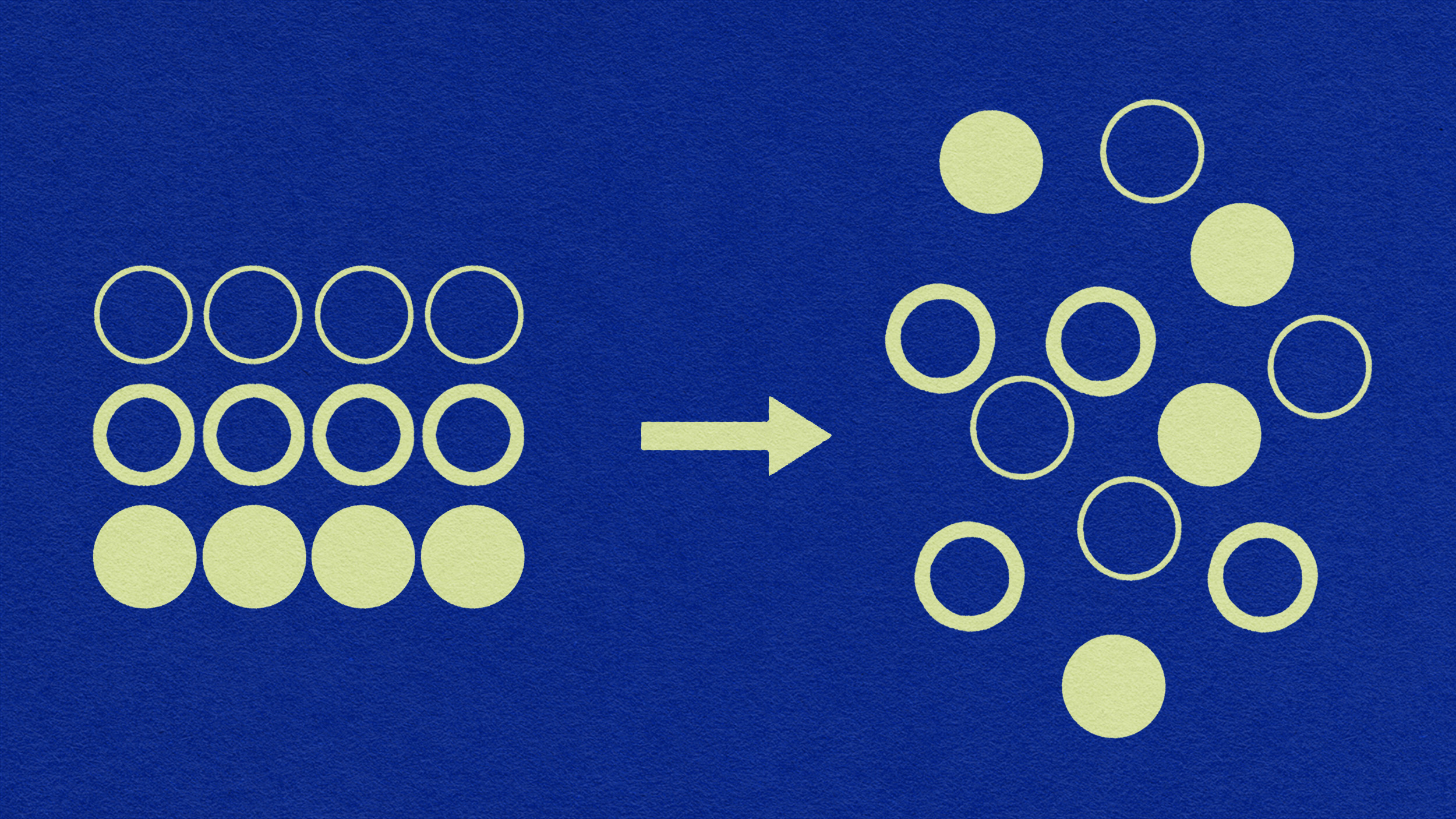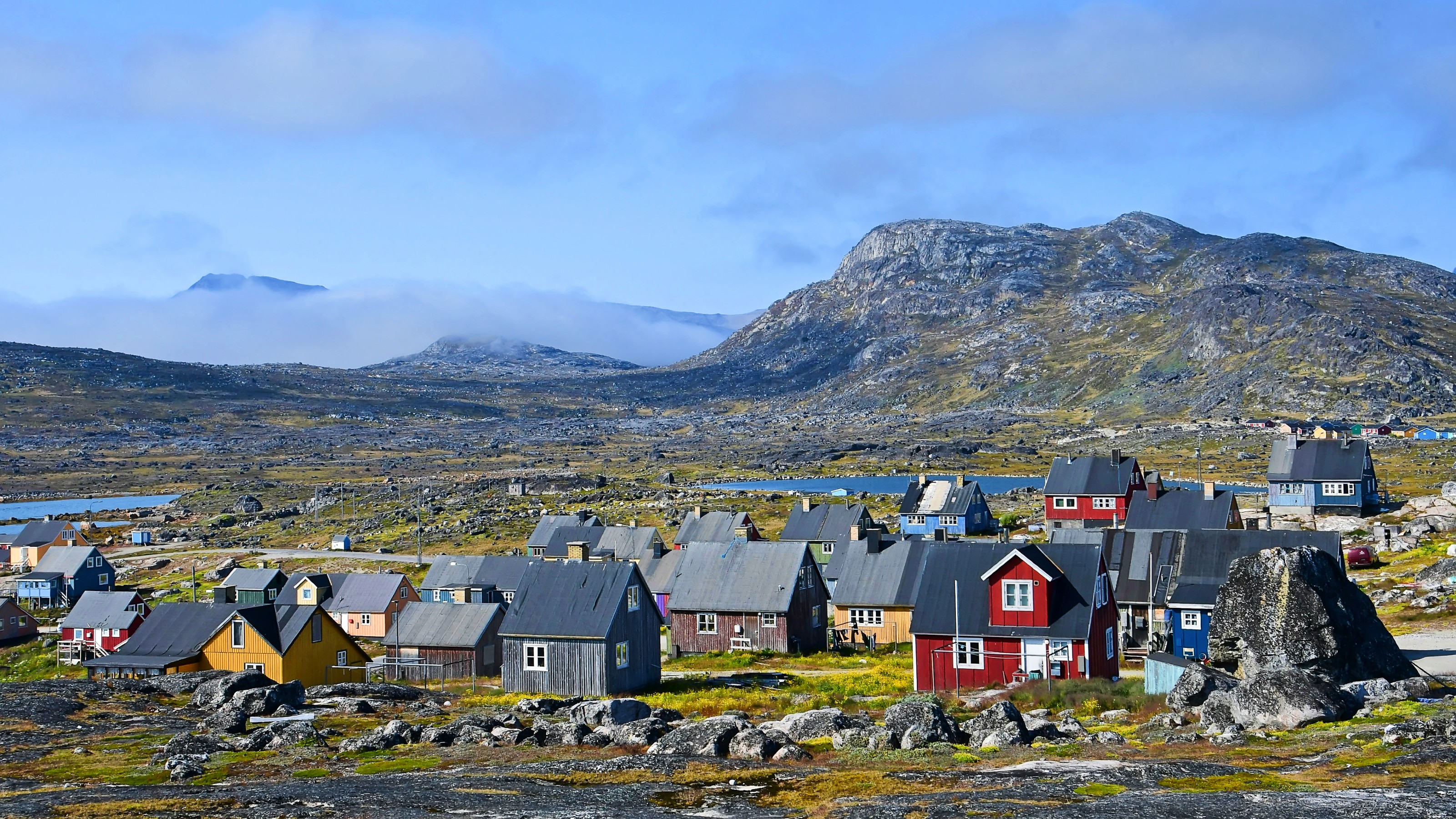Genes are sometimes called the “blueprint of life,” but that doesn’t make them the behavioral playbook.
Too many leaders create an imbalance between thinking and doing — but a clear vision can be sharpened through deep reflection.
To Fred Hoyle, the Big Bang was nothing more than a creationist myth. 75 years later, it’s cemented as the beginning of our Universe.
In a recent paper, biologists outlined a three-part hypothesis for how all life as we know it began.
Here’s the thorny reality behind psychedelics’ ability to unearth buried memories.
JWST has puzzled astronomers by revealing large, bright, massive early galaxies. But the littlest ones pack the greatest cosmic punch.
Tech designed to fuse atoms might be able to clean up space, too.
Former GitHub CEO Nat Friedman just invested $100 million into the company.
The Trojan War was fought in Finland and Ulysses sailed home to Denmark, says one controversial theory.
When cosmic inflation came to an end, the hot Big Bang ensued as a result. If our cosmic vacuum state decays, could it all happen again?
13.8 columnist Marcelo Gleiser reflects on his recent voyage to Earth’s last wild continent.
In 1957, humanity launched our first satellite; today’s number is nearly 10,000, with 500,000+ more planned. Space is no longer pristine.
Big Think spoke with historian Marc-William Palen about the egalitarian aims of the free-trade movement in past centuries.
Bertrand Russell shows us how to recognize emotional arguments smuggled into presumed statements of fact.
Leap day only comes once every four years, including in 2024. But the reason we have it, including when we do and don’t, may surprise you.
Esperanto was intended to be an easy-to-learn second language that enabled you to speak with anyone on the planet.
About three out of every four people arrested in the U.S. are men. That rate is similar across the world.
As we pursue the leadership difference we seek, we attract fuel and generate heat. The trick is to avoid burnout.
There are many problems with relying on SAT and ACT scores for college admissions. But removing them entirely creates less opportunity.
After listening to the same playlist, people from the United Kingdom, the United States, and China reported feeling nearly identical bodily sensations.
The benefits of going the extra mile to be socially responsible are felt by customers, employees, and shareholders alike. Here’s a plan to secure them.
For now, our Solar System’s eight planets are all safe, and relatively stable. Billions of years from now, everything will be different.
Its creators hope the technology will help people meaningfully connect with the external world.
NASA gave three robots plans for a moon shelter, and the robots figured out how to build it.
It’s time for an honest conversation.
There are plenty of life-friendly stellar systems in the Universe today. But at some point in the far future, life’s final extinction will occur.
In revolutionary Russia, a group of forward-thinking philosophers offered an alternative to both futurism and communism.
The second law of thermodynamics tells us that entropy always increases. But that doesn’t mean it was zero at the start of the Big Bang.
Some of the world’s most satisfied societies are poor, small, and remote.

